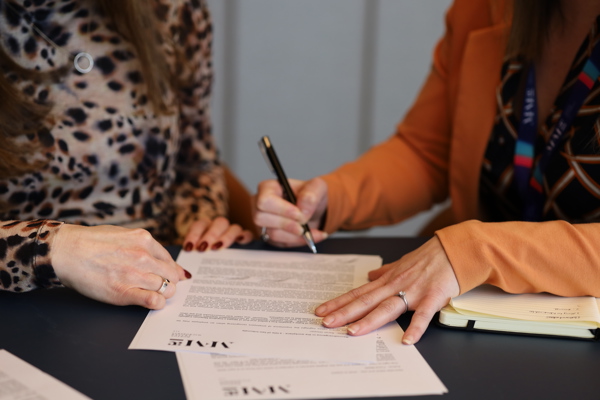Stamp Duty Land Tax
Stamp Duty on residential property currently applies when you buy a UK property. The rates differ depending on the value of the property and must therefore be considered when budgeting for the cost of a new property. The current rates are:
Up to £125,000 | 0% |
Over £125,000 to £250,000 | 1% |
Over £250,000 to £500,000 | 3% |
Over £500,000 to £1 million | 4% |
Over £1 million to £2 million | 5% |
Over £2 million | 7% |
If the property value is above a payment threshold, stamp duty is charged at the relevant rate on the whole amount paid. If you are considering purchasing a property, it's important to note that from April 2015, Stamp Duty will be replaced in Scotland by a new progressive tax called the Land and Buildings Transaction Tax (LBTT). LBTT will still be based on various thresholds, but once the price of a property reaches these thresholds, only that part of the price which exceeds the threshold will be charged at the higher rate.
The rates and thresholds for LBTT have just been announced by the Scottish Government and are as follows (subject to Parliamentary approval):
Up to £135,000 | 0% |
Over £135,000 to £250,000 | 2% |
Over £250,000 to £1 million | 10% |
Over £1 million | 12% |
Income Tax
If letting out your holiday home you will be charged on any rental income you receive. For individuals, the basic rate of tax is 20% and this increases to 45%. UK residents are entitled to an annual tax free personal allowance, (£10,000 in the current tax year).
Capital Gains Tax (CGT)
If you own a property which you do not occupy as your main residence there may be CGT to pay if you propose to sell or transfer this property. The current rates of CGT are 18% and 28% for individuals (the rate depends on your total taxable income). Steps can be taken to help mitigate CGT but much of the planning for this takes place at the point you acquire an asset - don't leave it until the point of sale before you think about your options.
Inheritance Tax (IHT)
A second property will of course form part of your estate on death and may be liable to IHT. There can also be IHT implications if property is gifted during lifetime. There is a tax free allowance known as the "nil rate band" which is currently £325,000. Careful planning is always advised to ensure full use is made of any available exemptions to help minimise the IHT charge on death.
If you wish to purchase a second property, it's important to consider how title should be taken if this is held by more than one individual. It may also be appropriate to revisit your Wills, particularly if the property is to be bequeathed to a family member, or passed on for future generations to use.
Finally, consider some of the other practicalities of owning a second property. You may be reluctant to rent out the property, wishing to leave it available for family and friends, but bear in mind financing mortgage payments, maintenance costs, income tax etc without the property generating any income to offset these expenses. If you do choose to rent the property ensure that you have a properly drawn up rental agreement and note that properties used for holiday lets only are exempt from landlord registration requirements.
At Morton Fraser we can assist clients with all aspects of their property purchase and sale and ongoing tax obligations. As well as advising on the Scottish property market and assisting with legal contracts and conveyancing, we can also offer guidance on the most appropriate structure to hold your investment and with annual tax reporting. For further information please contact us on the details below.
Related Insights
 Article
Article
Trusts and Succession (Scotland) Bill - proposed changes to Scottish Succession Law.
The Trusts and Succession (Scotland) Bill was introduced to Scottish Parliament on 22 November 2022 and proposes to modernise and update the law on trusts, and succession in Scotland.

